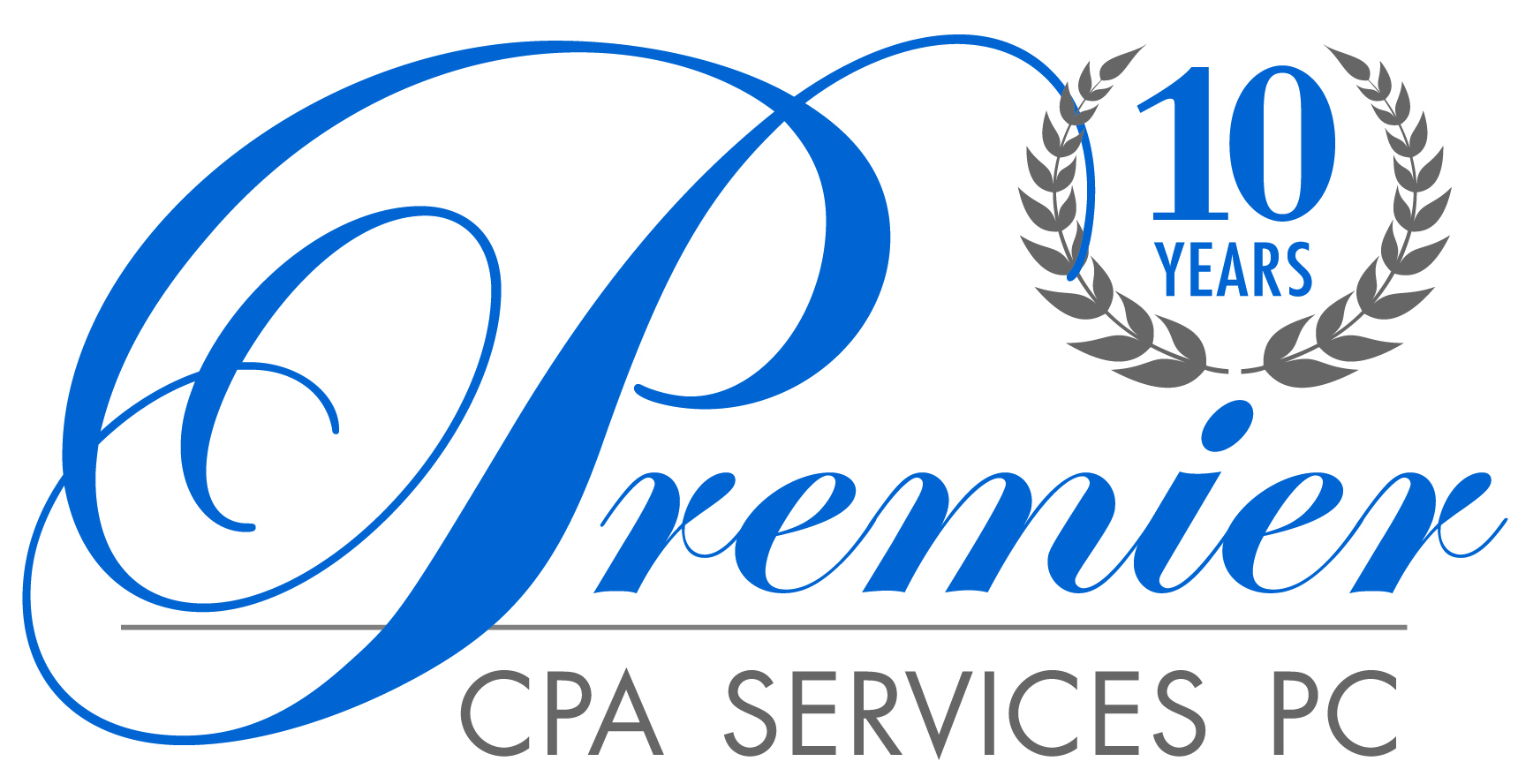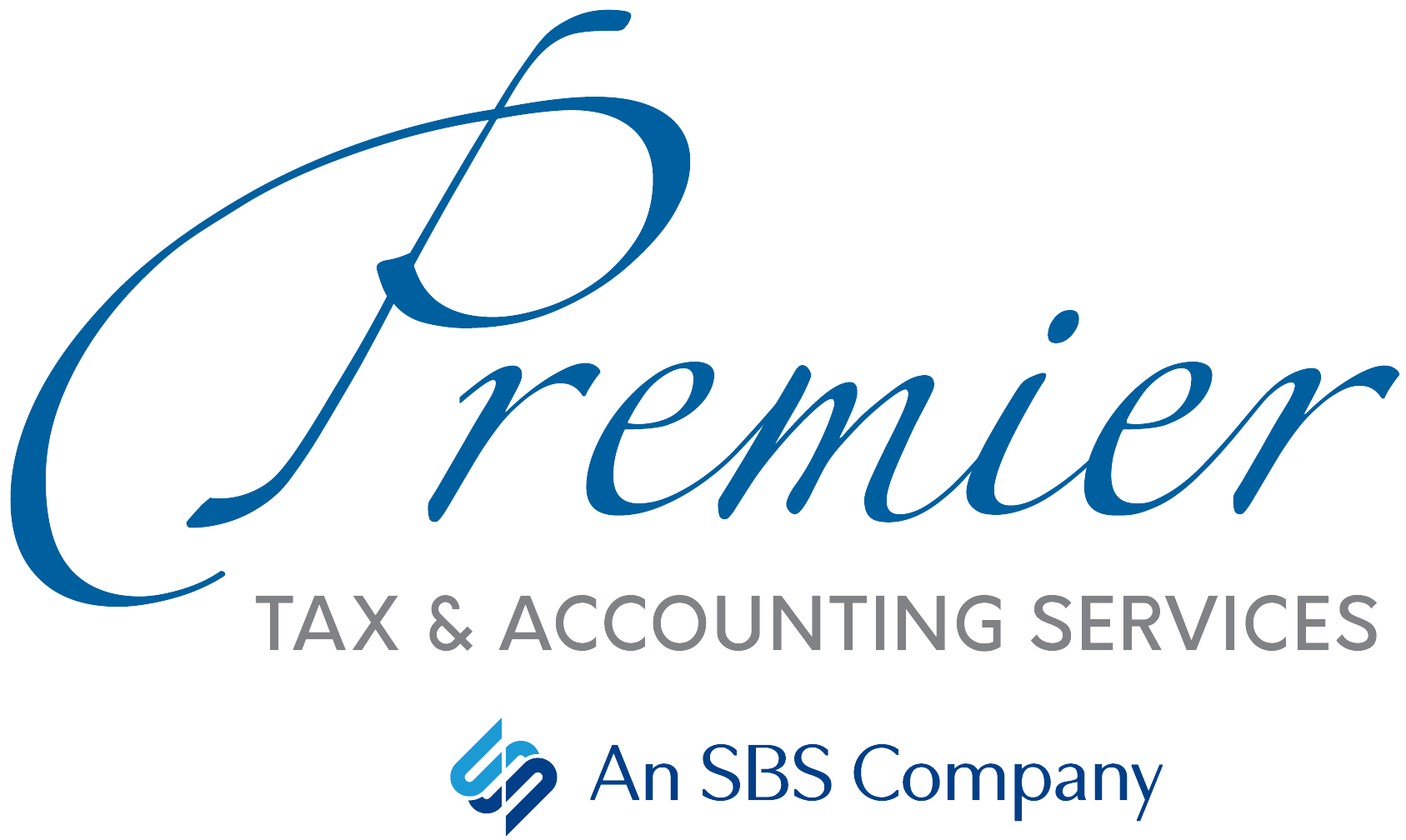While it may seem mundane, recordkeeping is an important chore. Gathering your tax documents throughout the year makes it easier to file your tax return the following year. And having an organized recordkeeping system overall makes it easier to understand any letters you may receive from the IRS.
Good Records Help:
- Identify sources of income. You may receive money or property from a variety of sources. The records can identify the sources of income and help separate business from nonbusiness income, and taxable from nontaxable income.
- Keep track of expenses. You can use records to identify expenses for deductions you claim. This will help determine whether to itemize deductions at filing. It may also help you discover potentially overlooked deductions or credits.
- Prepare tax returns. Good records help you file your tax return quickly and accurately. Throughout the year, you should add tax records to your files as they are received to make preparing your tax return easier.
- Support items reported on tax returns. Well-organized records make it easier to prepare your tax return and help provide answers if you are audited or receive an IRS notice.
In general, the IRS suggests that you keep records for three years from the date you filed the tax return. You should use a system that keeps all your important information together. You can use computer software for electronic recordkeeping and/or store paper documents in labeled folders.
Records to Keep Include:
- Tax-related records. This includes wage and earning statements from all employers or payers, interest and dividend statements from banks, certain government payments like unemployment compensation, other income documents and records of virtual currency transactions. You should also keep receipts, canceled checks and other documents — electronic or paper — that support income, deductions, or credits reported on your tax return.
- IRS letters, notices and prior year tax returns. You should keep copies of prior year tax returns, and any notices or letters you receive from the IRS. These include adjustment notices when an action is taken on your account, Economic Impact Payment notices, and letters about advance payments of the 2021 child tax credit. If you receive 2021 advance child tax credit payments, you will receive a letter early next year that provides the amount of payments you received in 2021. You’ll need this information to prepare your 2021 tax return in 2022.
- Property records. You should also keep records relating to any property you buy or sell. These records are important for figuring the basis for gain or loss.
- Health insurance. You should keep records of your and your family members’ healthcare insurance coverage. If you’re claiming the premium tax credit, you’ll need information about any advance credit payments received through the Health Insurance Marketplace and the premiums you paid.
If you have any questions on what paperwork you should keep, we’re happy to provide the answers you need! Contact us today or call (706) 632-7850.
Child Tax Credit Portal Available
The IRS recently upgraded its Child Tax Credit Update Portal so you can update your financial situation. You can use the portal to:
- Confirm your eligibility for payments.
- Update your bank account information for direct deposit of payments.
- Unenroll from the advance payments if you don’t want to receive them. Note that BOTH taxpayers must unenroll individually if you file jointly. (You will still receive the rest of your child tax credit as a lump sum when you file your 2021 federal income tax return next year.)
Any updates made by August 2 will apply to the August 13 and subsequent payments. You should have received your first payment on Thursday, July 15, via direct deposit or check.

May 31 was the 10-Year Anniversary of Premier CPA Services! Over the next few months, we will be offering some great giveaways to our clients and Facebook friends to celebrate! Be sure to follow us and stay tuned!
Overpayments Refunded Due to Unemployment Compensation
If you received unemployment compensation in 2020, you may receive a refund from the IRS. The American Rescue Plan Act of 2021 excludes up to $10,200 in 2020 unemployment compensation from taxable income calculations (for individuals and married couples with modified AGIs less than $150,000).
Refunds began in May and will continue throughout the summer. Instead of requiring amended returns, the IRS has been reviewing Forms 1040 filed prior to the law’s enactment to identify those people who are due an adjustment. The refund average is $1,265.
In most cases, you do not need to take any action. However, if, as a result of the excluded unemployment compensation, you are now eligible for deductions or credits not claimed on your original return, you should file a Form 1040-X, Amended U.S. Individual Income Tax Return.
If you receive a refund notice and you’re not sure of your situation, please feel free to call us at (706) 632-7850.
Do You Rent Your Home?
Do you have a rental home? Watch this short video from the IRS to learn about when and how to report rental income from a vacation home, such as a house, condominium, mobile home or boat.



